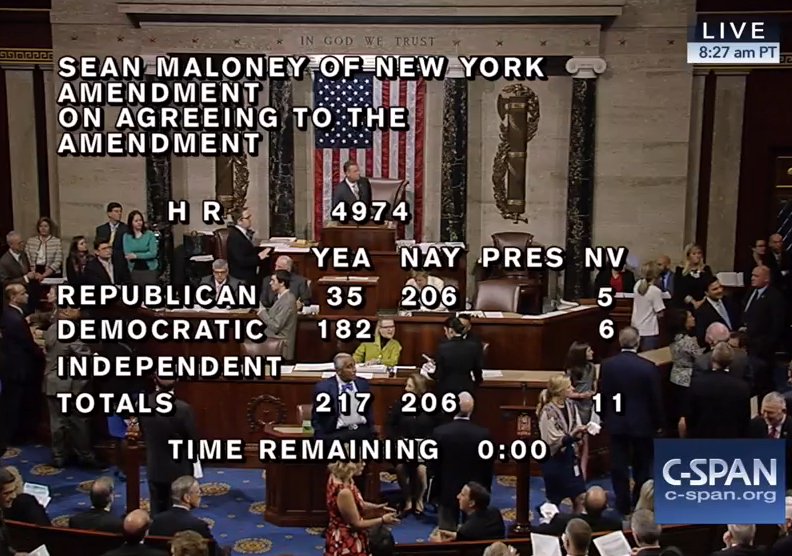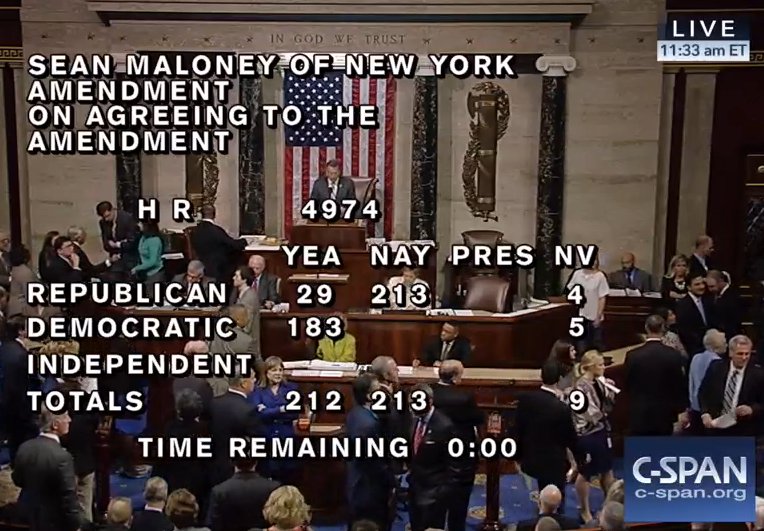1. "I think I got the Zika virus!"
You probably don't have Zika. Even if you get 150 mosquito bites a week, you probably don't have Zika. Even if you've seen Zika on the news a lot lately. Even if all your friends are tell you that you have Zika. Even if you read the tea leaves and they spelled out Z I K A.
Why? Because Aedes aegypti, the mosquitoes that are most likely to spread the Zika virus, live in tropical, sub-tropical and temperate climates. Is it possible that you could still contract the virus if you live in a non-tropical climate? Of course! Is it likely? Not at all. The same mosquitoes that spread Zika virus also spread dengue fever, and I don't know the last time I heard about someone in the United States contracting dengue fever.
 |
| Serious epidemiology discussions, ft. memes |
Ok, so you have Zika. Thankfully, most people with Zika don't even know that they have the disease, because they don't even show symptoms. People are rarely hospitalized and almost never die from Zika. The worst thing you're looking at is a week of fever, rash, joint pain and headaches.
 |
| The bear just wants you to CHILL OUT |
More good news on the horizon. The incubation period for Zika, or the time it takes between being infected and showing symptoms, is a week. And, once you've contracted it, the virus stays in your blood for about a week more. On average, you're looking at two weeks of being infected with Zika, after which you are likely to be protected from future infections. Your future children will be fine.
 |
| Take a deep breath |
Unfortunately, if you are currently pregnant and you have Zika, you are the one group that needs to worry. CDC scientists recently concluded that Zika was causing microcephaly, a birth defect, among babies in Brazil. Zika isn't the only thing that causes microcephaly, and babies can be born with this condition due to genetic changes, other infections, and exposure to toxins.
While we know that there is a strong link between pregnant women having Zika and microcephaly, there is still so much scientists don't know. It's unclear if every pregnant woman with Zika passes the virus to her fetus. We don't know if every fetus exposed to the virus develops microcephaly. There is no vaccine against Zika, or treatment once you have it, so right now, the best way to prevent Zika is to prevent mosquito bites.
5. "Wait...so do I have to worry about Zika or not?"
If you're currently pregnant, and live in an area that's seen a lot of Zika cases, yes you probably do have to worry, and should take steps right now to prevent mosquito bites.
If you're currently pregnant, and don't live in an area that has had many confirmed cases of Zika, maybe you have to worry a little. Avoid travel to countries on this list, and take steps to prevent mosquito bites this summer.
If you're not pregnant, you do not have to worry about Zika at all. I can repeat, for those who might be worried. If live in the United States, and you're not going to get pregnant in the next two weeks, you have nothing to fear. And one last time, to make sure you really heard it: Zika is nothing to worry about!!!!!!















